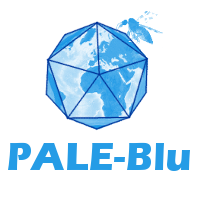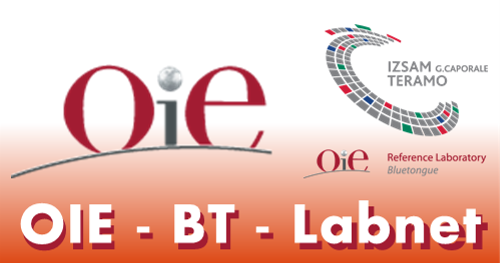Partner 41 – Robert Koch Institute (RKI)
The Robert Koch-Institut (Berlin, Germany) serves the Federal Ministry of Health as a central scientific institution in the field of biomedicine and is one of the most important institutions for public health issues in Germany. The RKI links risk research with political advice. Its tasks include protection against infectious diseases and analysis of the health situation in Germany. In total, approximately 800 employees of whom 370 are scientists (incl. PhD-students) are working at the RKI. There are National Reference Centres and advisory laboratories within the institute for various bacteria and viral diseases which are the central contacts for identification and control of diseases.
Since 1995 we organize the European Network for Diagnostics of "Imported" Viral Diseases (ENIVD), which is now funded by the European Centre for Disease Prevention and Control (ECDC). The ENIVD takes actions to build up and improve laboratory diagnostic capacities in Europe with regard to development of diagnostic tests, quality control/standardization of laboratory procedures, dissemination of scientific and technical information concerning viral infections of European interest, and training of laboratory staff. Based on four consecutive contracts funded by the European Commission (EC), our laboratory network has expanded during the last 13 years from five to 47 participating laboratory experts based at public health institutes and universities in 27 EU member states and 6 non-EU countries (Switzerland, Norway, Bosnia & Herzegovina, Turkey, Russia & Israel).
Besides the organization and coordination of the ENIVD-network and one of the advisory laboratories at the RKI (Consultant Laboratory for tick-borne encephalitis), the focus of our laboratory working group are the diagnostic as well as the research regarding pathology and treatment of flavivirus infections like Dengue-, YF-, WN, JEV- and TBE, and other emerging infections like SARS, Chikungunya fever and VHFs (e.g. Hanta- and CCHF). Since 1999, the ENIVD has performed 18 external quality assurance studies to assess the quality of serological and/or molecular diagnostics.
In EDENext RKI will be in charge of risk estimation for vector borne human viral diseases and the relevance of these diseases for public health situation in the different European countries. This risk estimation will be performed in close collaboration with the other partners and considering the view of European diagnostic laboratories to be in the first front for emerging diseases due to climate or environmental changes.





